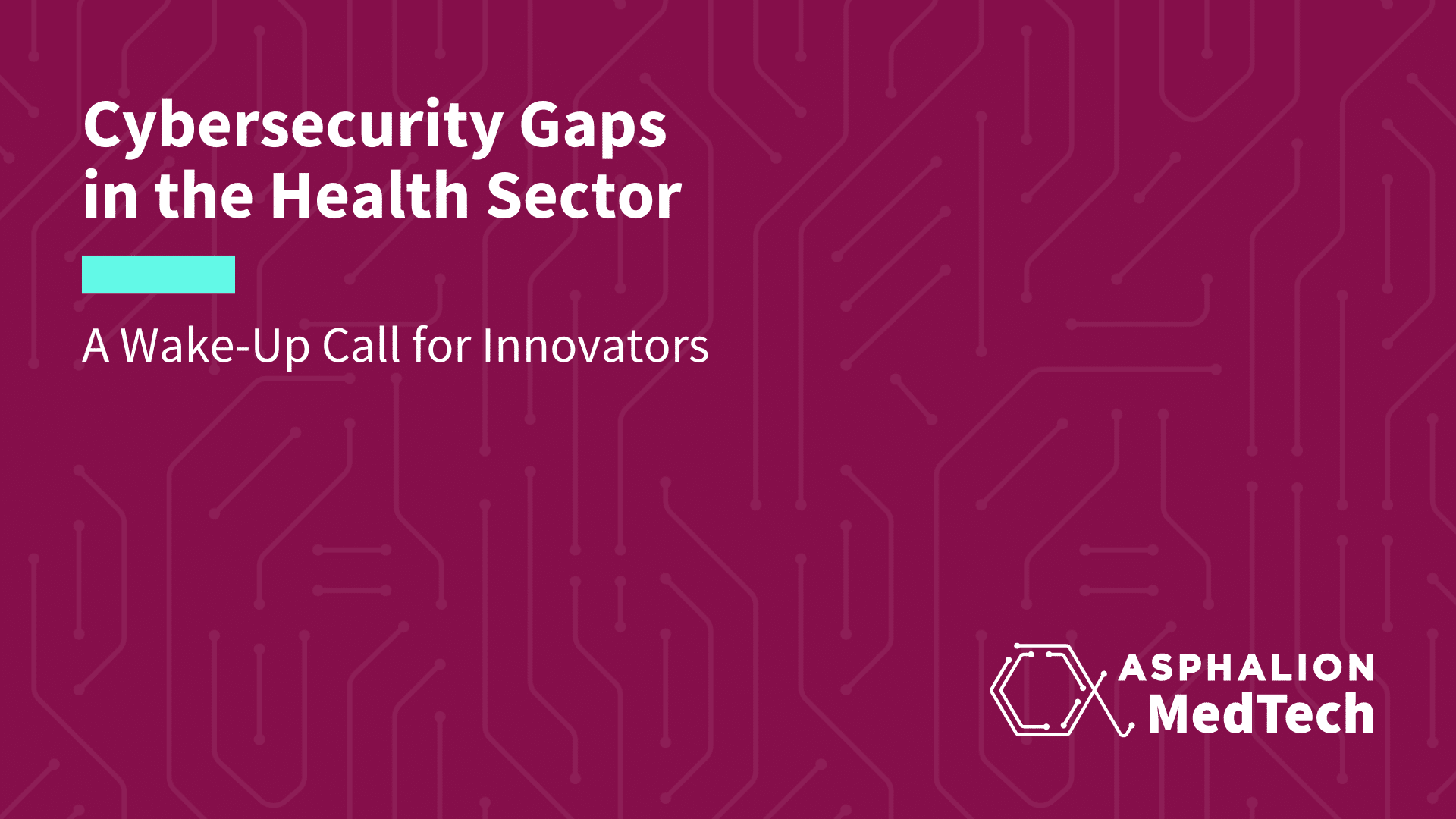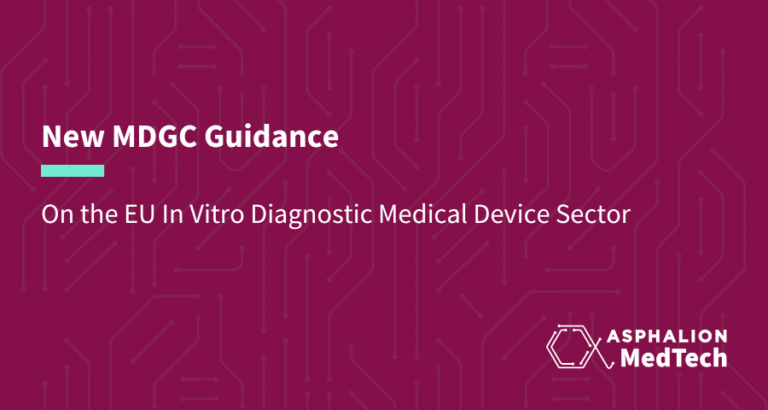A newly released study by the European Commission has shed light on significant cybersecurity vulnerabilities within the health sector, underscoring the urgent need for innovators to address these gaps. As healthcare increasingly relies on digital technologies, the risks associated with cyber threats have grown, making robust cybersecurity measures more critical than ever.
About the Study
The comprehensive study delves into the impact of digital transformations in healthcare, particularly focusing on technologies such as Artificial Intelligence (AI), the Internet of Things (IoT), and wearable devices. While these advancements hold immense potential for improving patient outcomes and streamlining healthcare services, they also introduce new security risks that could have far-reaching consequences. The study notes that, although cyber incidents are recognized in the healthcare sector, they are rarely linked to direct, immediate harm to patients. However, this lack of a direct link does not diminish the potential danger posed by cyberattacks, especially as healthcare systems become more interconnected and reliant on digital tools.
Key Findings
The research identified 21 significant cyber incidents that have had a profound impact on healthcare services. These incidents were predominantly ransomware attacks, which often led to delays in critical medical procedures, such as surgeries and therapy sessions. While the study did not find direct evidence linking these incidents to immediate patient harm, the disruptions caused by these attacks highlight the vulnerability of healthcare systems to cyber threats. The absence of direct harm does not imply safety; rather, it underscores the need for better assessment tools and methodologies to evaluate the long-term impact of cybersecurity breaches on patient health and safety.
Implications for Medical Device Development
For developers of medical devices, this study serves as a stark reminder of the importance of incorporating strong cybersecurity measures from the earliest stages of product development. The integration of digital technologies into medical devices, while offering many benefits, also opens up new avenues for cyberattacks. It is crucial for developers to prioritize cybersecurity, not only to comply with regulatory requirements but also to safeguard patients from the growing array of online threats. The integrity and safety of medical devices are directly linked to the robustness of their cybersecurity defenses, making this an area that cannot be overlooked.
A Call to Action
In light of these findings, the European Commission is urging all stakeholders in the healthcare and medical technology industries to thoroughly review the report and gain a deeper understanding of the cybersecurity challenges they face. The report provides valuable insights into the current landscape of cybersecurity in healthcare and highlights areas where improvements are needed. It is essential for everyone involved in the development and deployment of medical technologies to collaborate in addressing these challenges. By working together, we can develop safer, more secure healthcare technologies that protect both patient data and patient health.
Read the full report here: CYBER SECURITY IN THE HEALTH AND MEDICINE SECTOR
For further information, you can contact us at: [email protected]























